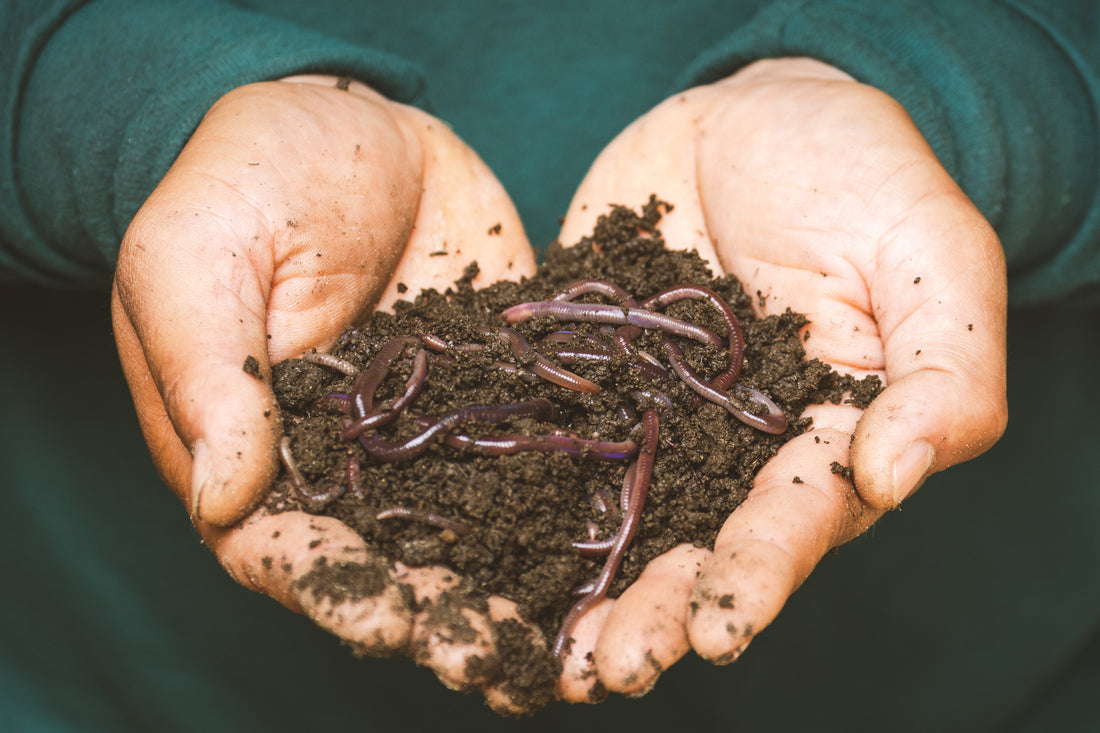
Gutter Debris: What Else Can You Do With It?
Share
After cleaning out your gutters, the next question inevitably is - What can you do with the debris you've picked up? One beneficial way of to deal with the debris is composting. Read on to learn how to incorporate composting into your yard care routine.
Why Compost?
Making your own compost pile will benefit you well, especially if you're interested in planting and gardening. Compost piles create a nutritious mix of humus for the soil and plants. In return, they retain moisture. It greatly reduces the waste you throw as much as 30%, instead of just letting it go straight to the garbage bin. It also serves as a good alternative to chemical based fertilizers, making everything as organic as possible.
What You Need
A small shovel or spade
Green “stuff” - grass clippings or other plant trim
Brown “stuff” - a good example is the dried leaves from your gutter!
Shovel
Making Compost
The actual process in making it is very simple. You can use an old wooden box, or dig a small patch in your backyard for you to put the stuff in. You can also use a small bin. However, do not ever add kitchen waste, manure, oil, and the like to prevent a bad, decomposing smell. To start up the pile, it's recommended to mix it with a shovel of garden soil to start up the microbial process once you add the other waste. Add a shovel of the green pile, then two shovels of the brown pile then mix it. You can repeat the layers until it reaches at least 3 feet. The size of it enables to heat to accumulate and break down faster.
Maintenance
The piles then can be turned over every week so that the airflow is continuous and it slows down the rate of decomposition. In about 8 weeks, you should see the result – a moist, earthy texture of dark brown soil. This mixture is excellent as a natural fertilizer for your plants. This is one good way on properly “disposing” your gutter clutter.
